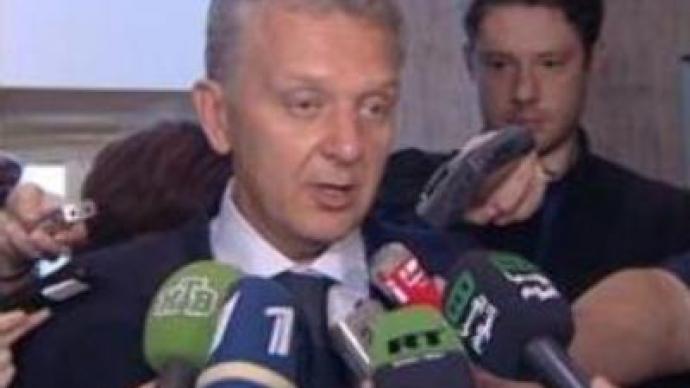Russia ready to help poorer countries in energy sector

As delegates from 200 states have gathered at the UNESCO headquarters in Paris to discuss ways of helping struggling countries to increase access to electricity, Russia says it wants to share its knowledge in the energy sector with poorer countries.
“We want to create a foundation to give poorer countries access to the technology that will help them exploit their natural resources,” said Russia’s Industry and Energy Minister Viktor Khristenko speaking to journalists. Another energy giant, Venezuela, pledges support to the idea put forward by Moscow.“Russia and Venezuela share the idea that energy should be for the benefit of all the people; so we support the Russian initiative,” commented Jesus Arnaldo Perez, Venezuelan Ambassador to France. There are huge disparities between rich and poor countries – and with global warming those inequalities will only become more pronounced. Currently, 1.6 BLN people still have no access to electricity, most of them living in sub-Saharan Africa. Thus, countries like Sudan have massive energy resources but need help in order to exploit them.“Sudan is a huge country. Many people live in the countryside and don't have access to energy. This project would be very positive for Sudan. We have lots of resources but we need help exploiting them,” says Sudan’s Energy Minister Awad Al Jaz.Some say, though, it will be hard to carry out such projects immediately.“There'll always be political dimensions. Of course the goodwill is there. We are looking to sort out energy problems not via wars, which is how it's worked in the past, but via dialogue and culture. But right now people aren't yet ready. First, we need to secure both the countries that supply and consume energy and resolve political issues,” believes Tewfik Hasni from the Engineers Association from Algeria. At next week's G8 summit in Heiligendamm rich countries will continue to discuss what can be done to develop more sustainable energy sources and reduce energy poverty.
You can share this story on social media:












